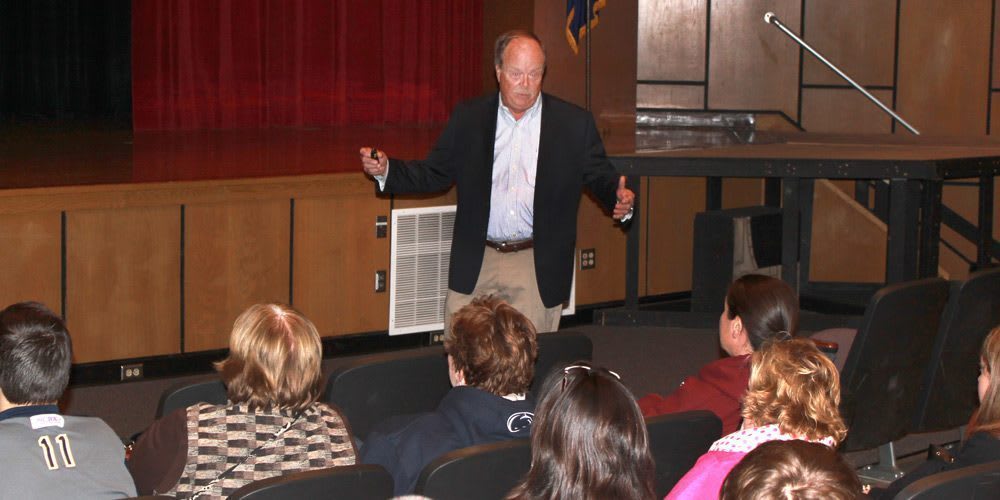
The Taylor Hooton Foundation (THF), widely acknowledged leader in the advocacy against Appearance and Performance Enhancing Drugs (APEDs) abuse by the youth of North America, has teamed up with Little League® Baseball and Softball (LL®) to educate the more than 1 million LL parents, coaches and other adult volunteers.
“Getting this critical message out to our adult leadership and beyond is a key addition to our safety educational initiatives,” said Stephen D. Keener, Little League President and CEO. “Parents need to understand the hazards and consequences of APEDs use, and it is our hope that we can equip our adult leaders to recognize and deal with this problem by providing educational programs from the Taylor Hooton Foundation for our Little League parents and volunteers.”
“We are so thankful that Mr. Keener and his team not only recognize how serious this issue is but also that they’ve agreed to make this a focus of communications to their adult leadership across the country,” said Don Hooton, THF President and Founder. “Some people may read this and think Little League players are too young to hear this message, but nothing could be further from the truth. The issue goes beyond anabolic steroids to include the unregulated dietary supplements sold at thousands of stores across the country, many of which are contaminated with APEDs.”
THF has created an online eLearning program based on the highly effective assembly programs that have been delivered to almost 700,000 people in high schools, middle schools and universities across the United States, Canada and Latin America. This new eLearning program is hosted by award-winning sportscaster Bob Costas and includes tools to help parents make better informed decisions about the products they purchase for their kids and teams. Little League parents and volunteers will have access to educational tools specifically designed for Little League.
Tayloor Hooton eLearning Program
“Educating adults is critical so they can teach and influence the young people in their care before bad decisions are made and bad habits formed,” continued Hooton. “As we say in our education programs, if responsible adults are not talking to our kids about this subject, you can be sure someone else will be. And, chances are good that they won’t be communicating the correct messages to your child.”